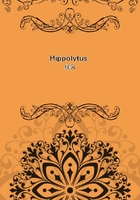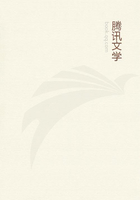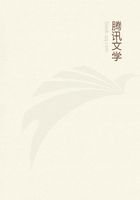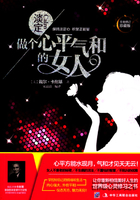An aesthetic idea cannot become a cognition, because it is an intuition (of the imagination) for which an adequate concept can never be found.A rational idea can never become a cognition, because it involves a concept (of the supersensible), for which a commensurate intuition can never be given.
Now the aesthetic idea might, I think, be called an inexponible representation of the imagination, the rational idea, on the other hand, an indemonstrable concept of reason.The production of both is presupposed to be not altogether groundless, but rather (following the above explanation of an idea in general) to take place in obedience to certain principles of the cognitive faculties to which they belong (subjective principles in the case of the former and objective in that of the latter).
Concepts of the understanding must, as such, always be demonstrable (if, as in anatomy, demonstration is understood in the sense merely of presentation).In other words, the object answering to such concepts must always be capable of being given an intuition (pure or empirical); for only in this way can they become cognitions.The concept of magnitude may be given a priori in the intuition of space, e.g., of the right line, etc.; the concept of cause in impenetrability, in the impact of bodies, etc.Consequently both may be verified by means of an empirical intuition, i.e., the thought of them may be indicated (demonstrated, exhibited) in an example; and this it must be possible to do: for otherwise there would be no certainty of the thought not being empty, i.e., having no object.
In logic the expressions demonstrable or indemonstrable are ordinarily employed only in respect of propositions.A better designation would be to call the former propositions only mediately, and the latter, propositions immediately, certain.For pure philosophy, too, has propositions of both these kinds-meaning thereby true propositions which are in the one case capable, and in the other incapable, of proof.But, in its character of philosophy, while it can, no doubt, prove on a priori grounds, it cannot demonstrate-unless we wish to give the complete go-by to the meaning of the word which makes demonstrate (ostendere, exhibere) equivalent to giving an accompanying presentation of the concept in intuition (be it in a proof or in a definition).Where the intuition is a priori this is called its construction, but when even the intuition is empirical, we have still got the illustration of the object, by which means objective reality is assured to the concept.Thus an anatomist is said to demonstrate the human eye when he renders the concept, of which he has previously given a discursive exposition, intuitable by means of the dissection of that organ.
It follows from the above that the rational concept of the supersensible substrate of all phenomena generally, or even of that which must be laid at the basis of our elective will in respect of moral laws, i.e., the rational concept of transcendental freedom, is at once specifically an indemonstrable-concept, and a rational idea, whereas virtue is so in a measure.For nothing can be given which in itself qualitatively answers in experience to the rational concept of the former, while in the case of virtue no empirical product of the above causality attains the degree that the rational idea prescribes as the rule.
Just as the imagination, in the case of a rational idea, fails with its intuitions to attain to the given concept, so understanding, in the case of an aesthetic idea, fails with its concepts ever to attain to the completeness of the internal intuition which imagination conjoins with a given representation.
Now since the reduction of a representation of the imagination to concepts is equivalent to giving its exponents, the aesthetic idea may be called on inexponible representation of the imagination (in its free play).I shall have an opportunity hereafter of dealing more fully with ideas of this kind.At present I confine myself to the remark, that both kinds of ideas, aesthetic ideas as well as rational, are bound to have their principles, and that the seat of these principles must in both cases be reason-the latter depending upon the objective, the former upon the subjective, principles of its employment.
Consonantly with this, GENIUS may also be defined as the faculty of aesthetic ideas.This serves at the same time to point out the reason why it is nature (the nature of the individual) and not a set purpose, that in products of genius gives the rule to art (as the production of the beautiful).For the beautiful must not be estimated according to concepts, but by the final mode in which the imagination is attuned so as to accord with the faculty of concepts generally; and so rule and precept are incapable of serving as the requisite subjective standard for that aesthetic and unconditioned finality in fine art which has to make a warranted claim to being bound to please every one.Rather must such a standard be sought in the element of mere nature in the subject, which cannot be comprehended under rules or concepts, that is to say, the supersensible substrate of all the subject's faculties (unattainable by any concept of understanding), and consequently in that which forms the point of reference for the harmonious accord of all our faculties of cognition-the production of which accord is the ultimate end set by the intelligible basis of our nature.Thus alone is it possible for a subjective and yet universally valid principle a priori to lie at the basis of that finality for which no objective principle can be prescribed.
REMARK 2.

